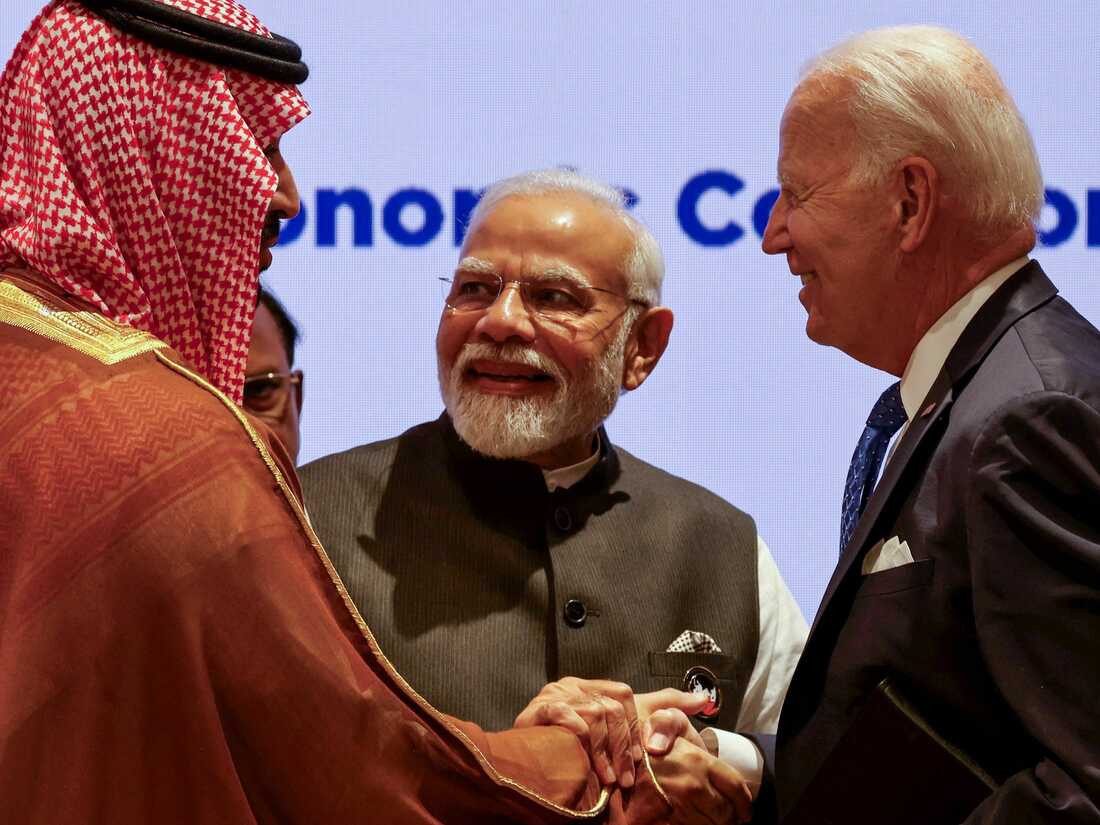Diplomatic Masterstroke: India’s Impactful G20 Achievements
These achievements during the G20 summit not only reinforce India’s diplomatic reputation but also contribute to its image as a key global player
India’s stewardship of the G20 summit has proven highly successful, with the country achieving significant gains across various key areas. Shashank Mattoo, a Foreign Affairs expert at LiveMint, highlighted these accomplishments in a recent thread, shedding light on India’s diplomatic achievements during its G20 Presidency.
Consensus on Ukraine: A Defining Moment
One of the pivotal issues that shaped India’s G20 Presidency was the division among member nations regarding the Ukraine war. While Russia and China sought to avoid discussions on Ukraine, Western nations aimed to condemn Russia.
The ability to achieve consensus on this contentious topic was crucial for India’s reputation as the summit host. Surprisingly, Delhi managed to broker a compromise, resulting in a joint declaration that toned down criticism of Russia.
This achievement significantly bolstered India’s diplomatic reputation and demonstrated its ability to forge consensus on a highly divisive issue.
African Union’s Membership: Amplifying the Voice of the Global South
Another notable accomplishment for India was securing the African Union’s (AU) membership in the G20.
With this move, India solidified its image as a representative of the Global South and a champion of developing country concerns.
The AU’s inclusion in the G20 serves as a concrete example of India’s efforts to amplify the voices of emerging economies and developing nations within global forums.
Economic Reforms and Debt Relief
India successfully advocated for key economic reforms and debt relief to support developing countries impacted by the COVID-19 pandemic.
Efforts to address high debt levels and provide assistance to struggling nations had been slow, but India’s leadership accelerated the process.
The G20 consensus to provide relief to countries like Ghana, Zambia, and Ethiopia highlights India’s commitment to the development and well-being of fellow developing nations.
Additionally, the agreement to consider major recommendations for the reform of international institutions, such as the World Bank and IMF, paves the way for greater financial support for climate change initiatives and assistance to impoverished nations in the coming decade.
Technological Advancements
India made significant strides in the realm of technology during the G20 summit.
First, the countries agreed to consider regulatory measures for cryptocurrencies, recognizing the potential threats they pose to the stability of the financial system.
Second, India successfully advocated for the adoption of Digital Public Infrastructure, which encompasses initiatives like Aadhar and UPI, to enhance financial inclusion.
This achievement positions India as a provider of technological solutions and presents opportunities for exporting its homegrown tech solutions to developing nations, further bolstering its international reputation.
Climate Change Initiatives
India’s commitment to combating climate change was prominently showcased during the G20 summit.
The country led the launch of the Global Biofuel Alliance, aiming to increase ethanol blending in petrol up to 20% globally.
This initiative aligns with India’s broader clean energy push and enhances its international standing as a champion of sustainable solutions.
India’s stewardship of the G20 summit has resulted in numerous gains across various domains. The ability to forge consensus on critical issues, secure the AU’s membership, advocate for economic reforms and debt relief, drive technological advancements, and lead climate change initiatives demonstrates India’s growing influence and commitment to addressing global challenges.
These achievements during the G20 summit not only reinforce India’s diplomatic reputation but also contribute to its image as a key global player working towards a more inclusive and sustainable future.



